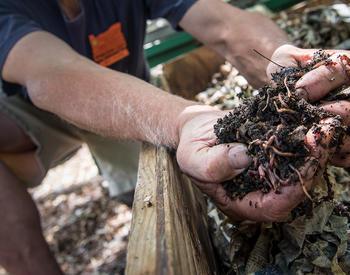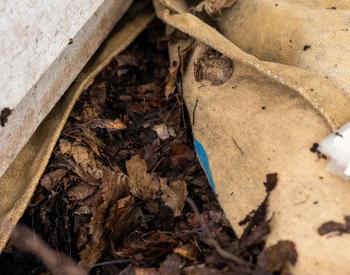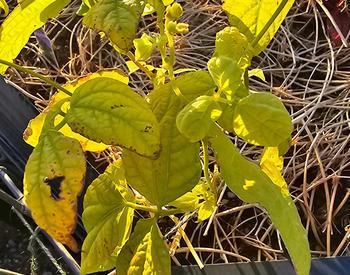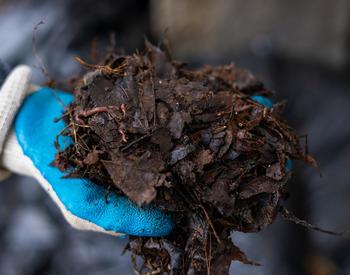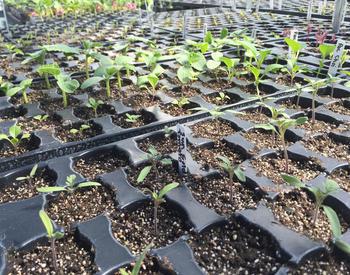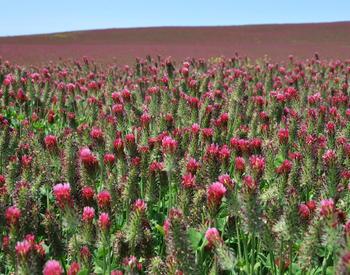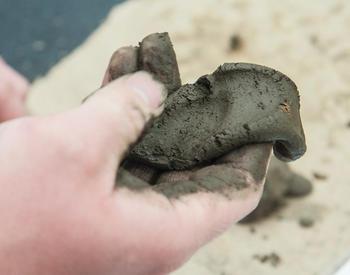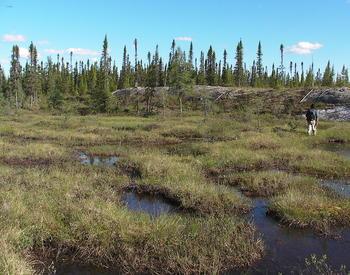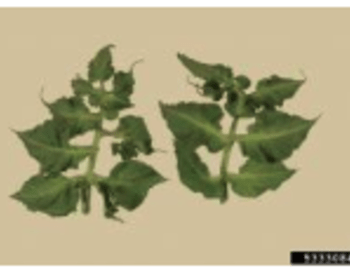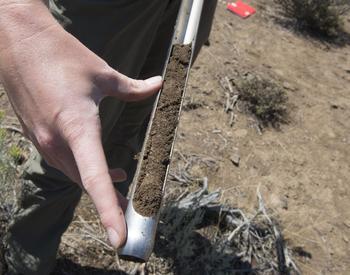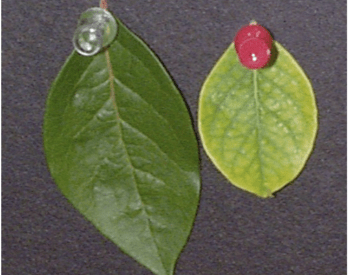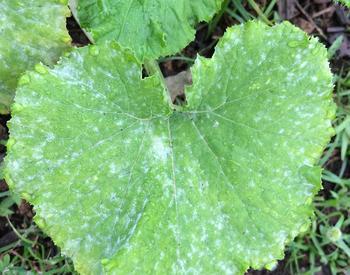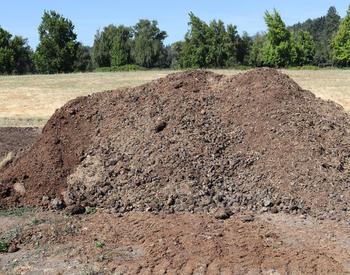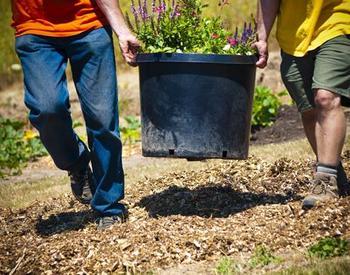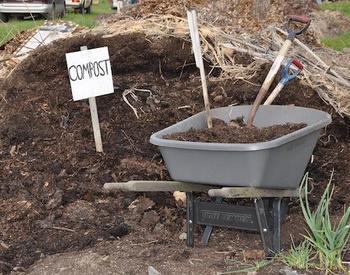CORVALLIS, Ore. – Adding organic matter is the best way to improve nearly all kinds of soils.
If you're unsure if your soil needs amendments, take note if it dries and cracks in summer, drains slowly or is difficult to dig whether wet or dry. Do your rhododendrons and other shrubs wilt in hot weather, even with added water?
Adding organic materials improves the ability of sandy soils to hold nutrients and water. For clay soil, organic additions improve drainage and aeration and help the soil dry out and warm up more quickly in the spring.
Good organic amendments for garden soils include wood by-products such as sawdust and bark mulch, rotted manure, grass or wheat straw and compost. When using organic amendments, make sure that they have not been treated with herbicides, as it can carry over into the soil. Inorganic amendments include pumice, perlite, vermiculite and sand.
While manure can be a good source of carbon to add to your soil, it can take years to break down. It is not recommended that you add fresh manure to an existing garden plot, so instead, compost it before adding it in. To compost manure stock, mix it with a source of nitrogen, such as lawn clippings and vegetable scraps. Turn this mixture into a 3-feet-by-2-inch pile and try to turn it at least once every two weeks, or when temperatures have exceeded and then fallen below 145 degrees Fahrenheit.
Inorganic amendments such as perlite, sand and vermiculite function primarily as wedges that separate soil particles, increasing soil porosity and aeration.
Sand does not hold water and nutrients very well and causes finer silt or clay soils to compact. Mix an organic amendment such as sawdust into the soil to improve the sand's amending properties.
Tilling or discing in organic matter to the soil can be beneficial, as it will incorporate faster. However, avoid overtilling the soil, as you can create a hard layer of soil that will prevent root growth and drainage. One or two passes should allow the organic matter to reach the sub-surface level of the soil, giving the microorganisms a chance to begin consuming it.
Another easy way to amend garden soils is to plant a green manure cover crop. An excellent winter cover crop for Western Oregon is crimson clover. Plant 12 pounds of seed per 1,000 square feet. Plant no later than Oct. 1, and water the bed so the crop is established before cold weather sets in. When rototilled or disced under in late April, crimson clover will produce 3-4 pounds of nitrogen per 1,000 square feet.
More information on improving garden soils is available in the Extension publication "Improving Garden Soils With Organic Matter," and "Growing Your Own," a practical guide to gardening for first-time gardeners. Copies of a printed version are at county Extension offices.
